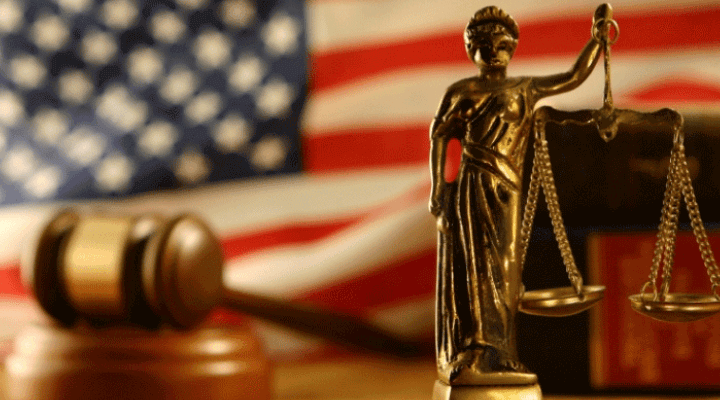CORRECTION: An earlier version of this article mistakenly noted that DOHA would now fall under DCSA – DOHA remains a separate entity under the General Counsel of the Department of Defense. Why isn’t DOHA following other security agencies under the DCSA umbrella? It’s position allows it to offer a critical oversight function, particularly as investigation and adjudicative decisions become housed with the same agency. DOHA leadership remains committed to providing transparent, policy-based oversight of security clearance decisions.
The Defense Counterintelligence and Security Agency is up and running, and its leadership is working to ensure the major gains made under the National Background Investigations Bureau continue under DoD leadership. At a recent meeting of the National Industrial Security Program Policy Advisory Committee, Peregrine Russell-Hunter, the director of the Defense Office of Hearings and Appeals provided updates on security clearance denials, and other policy clarifications critical to government and industry stakeholders.
myth #1: Many security clearances are denied.
Peregrine noted the rate of security clearance denials is incredibly low. Less than 1% of security clearances investigations result in denial. Individuals may not be eligible for an interim clearance, and they may have significant issues that need to be mitigated. But the security clearance process is designed to allow individuals to demonstrate their trustworthiness based on the ‘whole person’ concept. That means security clearance denials are based on the belief that an individual may compromise national security – not a one-time mistake or lack of judgment.
Myth #2: Debt is a Clearance Killer
DOHA is looking at the reason for the debt, not the amount, Peregrine noted. Addressing continuous evaluation, where financial issues are far and above the biggest issues being presented, it’s not the amount of the debt, but the factors that led to the debt. That means student loans, medical bills or financial hardships caused by job loss or life circumstances, while flagged under CE, aren’t necessarily going to result in a security clearance denial. The triggers simply allow the government to look into the individual’s specific situation and ensure the reason for the debt makes sense.
The government now has more than 20 years of financial analysis under its belt, Peregrine said. The need to consider finances as a part of the security clearance process began after Aldrich Ames was found to be spying for the Soviets with some significant financial motivation – and gain.
#3 Dual Citizens Can’t Obtain Security Clearances
Despite numerous communications to the contrary, many individuals still assume they have to turn over or destroy their foreign passport in order to work for the U.S. government. They also believe they won’t be able to obtain clearance at all if they’re dual citizens. Peregrine noted that the policy has changed, and security clearance applicants and holders can keep their foreign passports – they simply shouldn’t travel on them.
After months of significant delays in the adjudication process, adjudications are moving forward in a more timely fashion, along with security clearance background investigations. 2019 was a year of major change in the security clearance process. Those changes will only continue into 2020 – but it’s time to leave these three myths behind.




